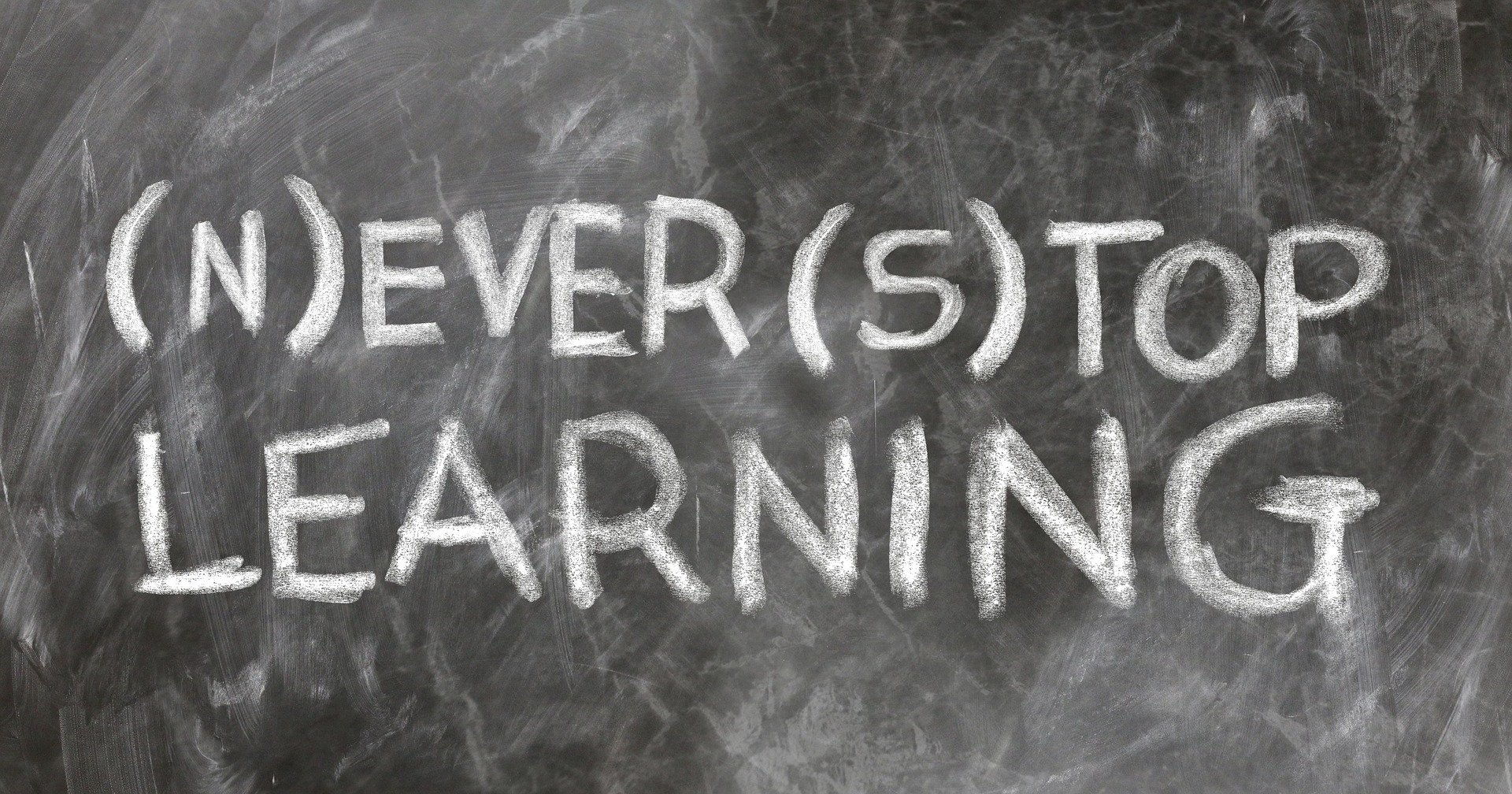Are there things that you never picked up as a kid but want to try now? Are you too scared because you feel “too old”?
I feel you.
2 years ago, I started a regular yoga practice. I love how my yoga teacher calls it a practice, because you are always looking to improve. I thought by this point, I’d be better than I am, but to be honest, I should know better – once a week for an hour does not an expert make.
Still, I realized something with my once-a-week yoga class. You don’t need to get proficient at something to gain something from it. I got to thinking about what other things I might try and tackle that I otherwise had filed under “not for me” in my head.
I read a book this weekend that delved more deeply into the topic – Beginners by Tom Vanderbilt.
In it, Vanderbilt extols the virtues of lifelong learning, not for the purpose of mastery, but for the purpose of the learning itself, which he says, keeps our brains young, much as regular exercise does for our bodies.
Vanderbilt says that often, as kids, we are conditioned to stop learning what we are not naturally good at, and therefore fulfill a self-fulfilling prophecy – we never do actually get better. He writes, “While still young, we start being told – and start telling ourselves – what we can’t do. Children participating in sports, for example, is said to be on the decline. Many children said they didn’t think they were good enough to participate; others, citing overly rigorous practice schedules or the stress of competitive pressure, said it simply wasn’t fun – the main reason they were interested in the first place. Like footprints in a wet sidewalk, once these steps harden, changing direction becomes difficult.”
Reading this paragraph resonated for me. Even though I enjoyed sports as a kid, I was never really that good at any of them. By the time competitive sports rolled around in high school, I was well behind the curve and turned to the arts instead – drama, singing, choir. Now, as an adult, I wish I had spent more time getting better at playing outside. I find myself playing basketball with my 12-year old son and struggling to shoot a free throw well. It frustrates me. Playing basketball with my son is something that is good for me both emotionally and physically. I love acting and singing too, but it definitely isn’t as good for my heart as a little one-on-one.
Another pastime I enjoyed as a kid was playing the piano. I eventually stopped taking lessons as a teenager because practicing got to be too burdensome. Like many kids, I had better things to do. Almost thirty years later, my own children started taking piano lessons and I got a little jealous. I missed the piano and wanted to get back into the groove myself. Instead of asking why, I found myself asking why not? I asked their teacher if he teaches adults, and signed myself up for lessons. I am so glad I did. After years away, the feeling of sitting at the piano making music still calms me when I’m feeling anxious or stressed. Piano, basketball, yoga – I am not proficient at any of these things, but I am enjoying the process.
Over the course of the book, Vanderbilt takes us on a journey as he explored things such as singing, surfing, and chess. To read about an his journey tackling new skills like that was both uplifting and empowering. It also makes me want to try more new things.
I found this message particularly salient as a homeschooler. During our first year homeschooling, our history curriculum focused on early American history. I read alongside my kids as we learned about the Boston Tea Party and the signing of the Declaration of Independence. Later that year, we were lucky enough to visit Philadelphia and Boston, two cities with pivotal roles during the American Revolution. Seeing history come to life like that – and experiencing it with my kids – it opened my eyes that we, as humans, shouldn’t stop learning just because we cross some imaginary threshold into adulthood. We are never too old to learn. We all can benefit from learning for the sake of learning, rather than to pass a test.
As Vanderbilt writes when he quotes philosopher John Stuart Mill, “Don’t pursue happiness; find happiness in your pursuits.” Who knows – maybe I’ll even try out for a community theatre.
